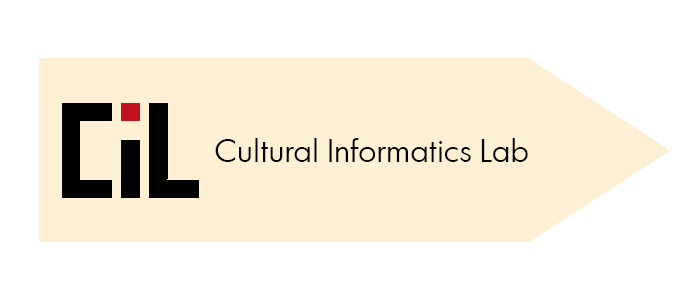Conceptual Modeling
Simplifying Complexity: Conceptual Modeling
Conceptual models are social artefacts that reflect the conceptualization of a domain shared among collaborating stakeholders. They are used in order to enable common understanding and engage various stakeholders early in the design process. By visualizing key concepts, stakeholders can actively participate in shaping the design solution, ensuring that their perspectives and requirements are considered. In addition, conceptual models are used to gain better insights of the proposed solution and facilitate the creation of prototypes, which can be used for testing and simulation.
In CiLAB we use conceptual modelling in order to reduce the design complexity of socio-technical systems and investigate the socio-contextual factors influencing the design of Cyber-Physical Social Systems (CPSS). We use the concept of capability as a suitable metaphor for describing systems requirements and for understanding the interaction between human and technology agents.
Associated Projects
Associated Publications
Towards Addressing the Cultural Snapshot Phenomenon in Cultural Mapping Libraries, Communications in Computer and Information Science
Mousouris, S. Kavakli, E. 2023, 1789 CCIS, pp. 109–121
Capability oriented RE for Cybersecurity and Personal Data Protection: Meeting the challenges of SMEs
Kavakli, E., Loucopoulos, P., Skourtis, Y. Proceedings of the IEEE International Conference on Requirements Engineering, 2022, pp. 244–249
ARtefact: A Conceptual Framework for the Integrated Information Management of Archaeological Excavations
Gavalas, D., Kasapakis, V., Kavakli, E., Catapoti, D., Vosinakis, S., Lecture Notes in Computer Science (including subseries Lecture Notes in Artificial Intelligence and Lecture Notes in Bioinformatics) 2022, 13446 LNCS, pp. 211–223
Involved Members

Evangelia Kavakli
Head of CiLab, Associate Professor
Conceptual Modelling & Digital Wellbeing by Design Groups

George Stergiou
PhD Student
Conceptual Modelling Group

Spyridon Mousouris
PhD Student
Conceptual Modelling

